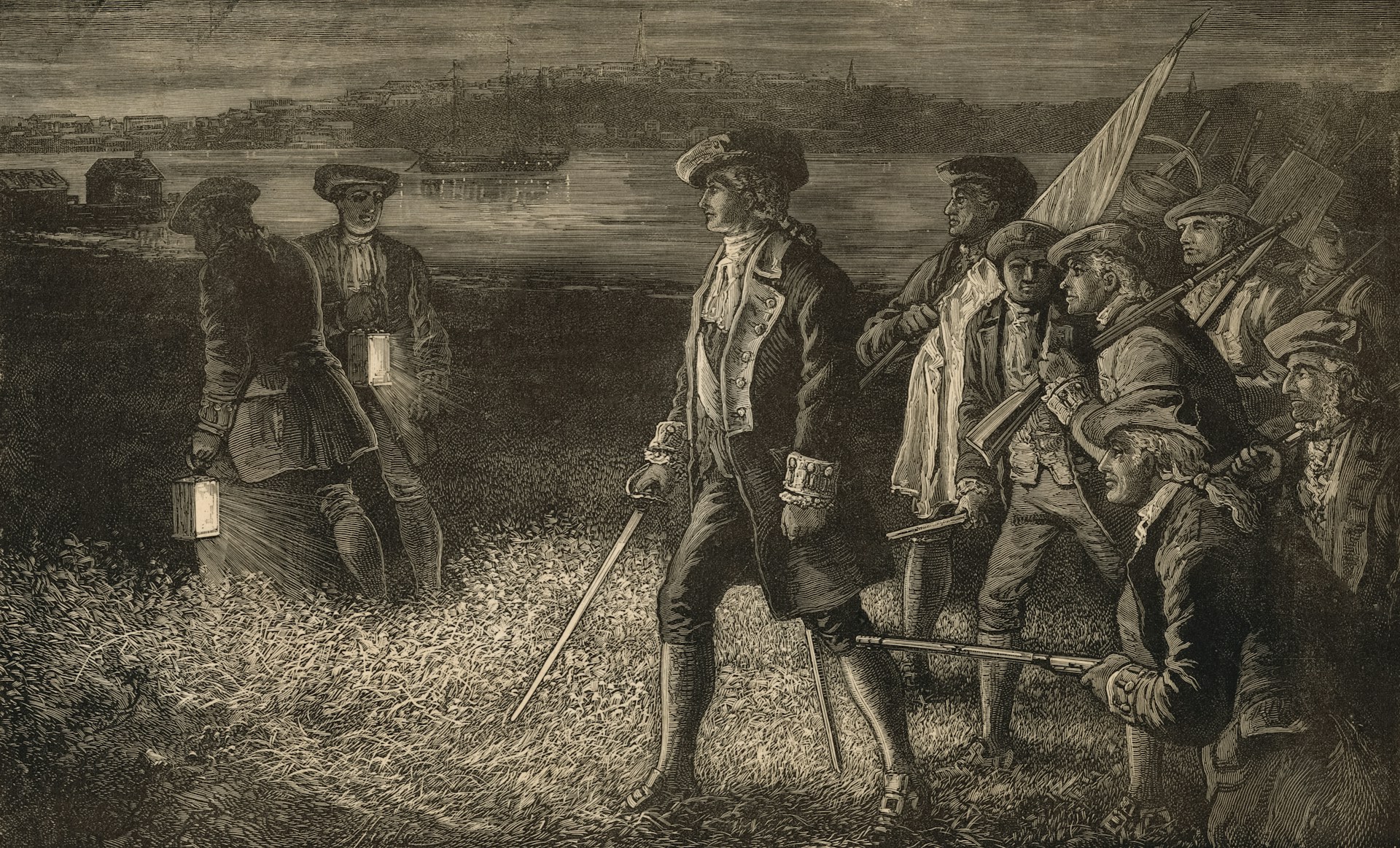Essay of Revolutions and Their Consequences
-

Eseandre Mordi
-
09 Oct 2024

Revolutions have been a fundamental part of human history, often serving as catalysts for change and progress. This essay explores the nature of revolutions, their causes, and the far-reaching consequences they have on societies and nations. By examining historical examples, we can understand how revolutions reshape political landscapes, influence social structures, and inspire movements worldwide.
The Definition of Revolutions
Revolutions are significant and often sudden changes in political, social, or economic structures within a society. They typically involve the overthrow of an existing government or social order, often led by a movement seeking to implement new ideologies or systems. Revolutions can be violent, such as the French Revolution, or peaceful, like the Velvet Revolution in Czechoslovakia.
The key characteristics of revolutions include mass mobilization, a clear sense of purpose among the revolutionaries, and the goal of transforming societal norms and institutions. Understanding these elements helps to analyze why certain revolutions succeed while others fail.
Historical Examples of Revolutions
Throughout history, several revolutions have had profound impacts on the world. The American Revolution (1775-1783) marked a pivotal moment in the quest for independence, inspiring democratic ideals and the establishment of a republic. The French Revolution (1789-1799) followed closely, promoting ideas of liberty, equality, and fraternity, which reverberated across Europe and beyond.
The Russian Revolution of 1917 led to the rise of the Soviet Union and fundamentally altered the global balance of power. Each of these revolutions serves as a testament to the transformative power of collective action in reshaping societies and challenging oppressive regimes.
Causes of Revolutions
Revolutions often arise from a combination of factors, including political oppression, economic hardship, and social inequality. When a government fails to meet the needs of its citizens, discontent can build up, leading to calls for change. In many cases, revolutions are sparked by a single event, such as a political assassination or an economic crisis, which acts as a catalyst for broader unrest.
The role of ideology in revolutions cannot be understated. Revolutionary movements often draw on existing social theories, philosophies, or political ideologies to rally support and justify their actions. For example, Marxist ideology was central to the Russian Revolution, shaping the goals and actions of the Bolsheviks.
Consequences of Revolutions
The consequences of revolutions are often complex and multifaceted. They can lead to the establishment of new governments, significant social reforms, and changes in economic structures. However, revolutions can also result in violence, civil war, and instability, as factions within society vie for power and influence.
Revolutions may also inspire subsequent movements and revolutions in other countries, creating a ripple effect. For instance, the successful establishment of a republic in the United States served as a model for many Latin American countries seeking independence from colonial rule.
Key Consequences of Revolutions
- Political Change: Establishment of new governments and political systems.
- Social Reforms: Changes in social structures, including the rights of women and minorities.
- Economic Impact: Shifts in economic policies and practices, such as land redistribution.
- Global Influence: Inspiration for other revolutionary movements worldwide.
Revolutions in the Modern World
In recent years, revolutions have taken on new forms, often facilitated by technology and social media. The Arab Spring, which began in 2010, is a prime example of how grassroots movements can use social media to mobilize support and challenge authoritarian regimes. While some countries experienced successful transitions to democracy, others fell into chaos or returned to oppressive rule.
Additionally, the ongoing protests for social justice and political reform in various nations highlight the persistent relevance of revolutionary ideals. These movements continue to shape the political landscape, reminding us that the quest for change is an enduring human struggle.
Conclusion
In conclusion, revolutions have played a crucial role in shaping the course of history and the development of societies. They arise from a complex interplay of political, economic, and social factors, leading to significant changes in governance and societal norms. While the outcomes of revolutions can be unpredictable, their influence on the world is undeniable. As history demonstrates, the quest for freedom, equality, and justice continues to inspire people across the globe, proving that the spirit of revolution remains alive.
